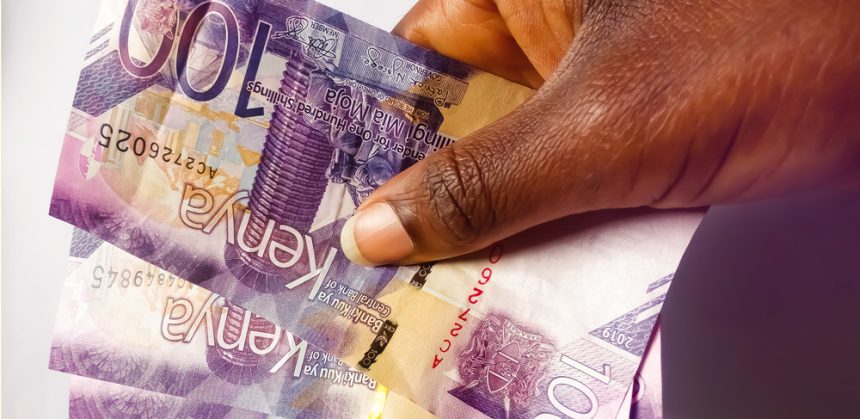The International Monetary Fund (IMF) wants Kenyan and other central banks in sub-Saharan Africa with a floating exchange rate to let their currency depreciate to encourage local production and export-oriented investments.
This comes at a time when the Kenya shilling has already hit a record low exchanging at an average of 134.56 against the dollar, inflating the size of the country’s external debt and the cost of importing critical inputs such as fuel and fertiliser.
However, the IMF, in a new note on the exchange rate, has sought to allay fears of a weaker shilling that might tempt the Central Bank of Kenya (CBK) to prop up the local currency.
Instead, the central banks in the so-called “non-pegged regimes” like Kenya, have been urged to just tame inflation by tightening the monetary policy to encourage capital inflows and implement austerity measures to tame the growth of debt.
The IMF has long been asking the CBK to let the exchange rate act as a shock absorber even as the local currency is battered by a myriad of shocks that have triggered an outflow of capital and a disruption in the global supply chain that has pushed up the costs of imports.
“As for non-pegged regimes, in most countries, letting the exchange rate depreciate is necessary to facilitate adjustment to external shocks that are durable, such as changes in terms of trade and higher interest rates in advanced economies,” said the IMF in a new note.
Non-pegged countries are those where the exchange rate is not fixed to another currency on a legal basis.
According to the IMF, exchange rate adjustments for a floating exchange rate provide price signals that help all agents in the economy, including the government, to adapt to new external realities.




